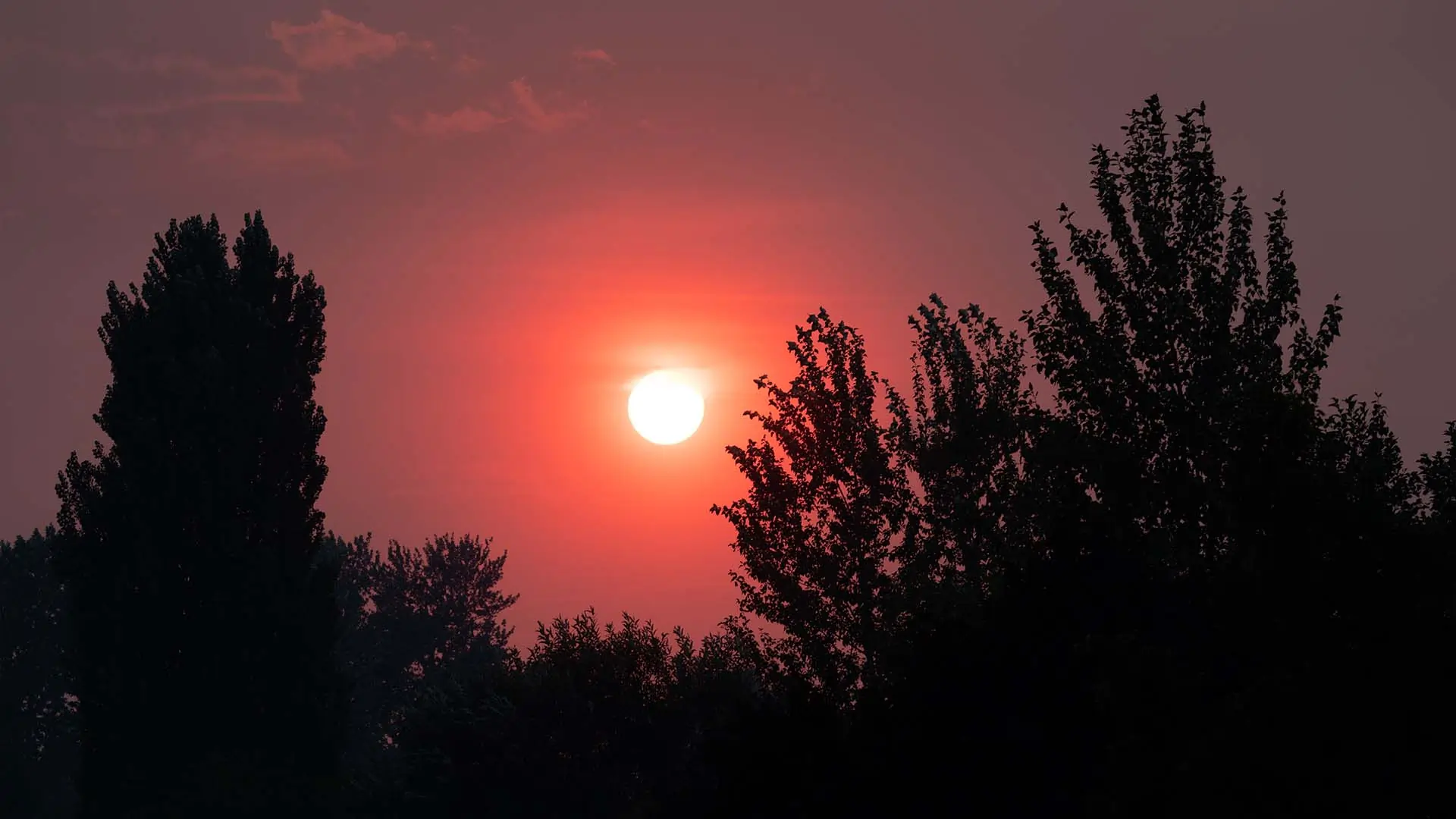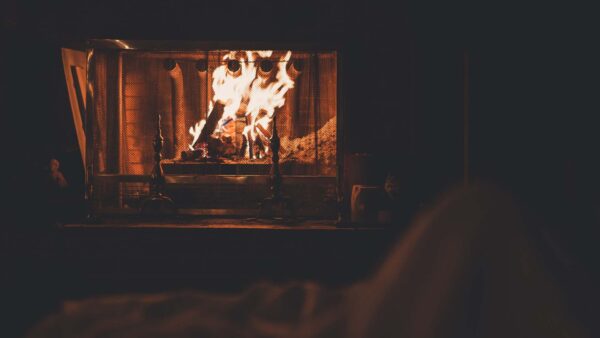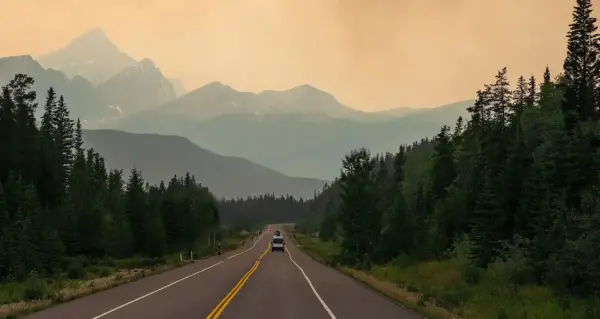To date, the 2023 wildfire season in Canada has been 13 times worse than the 10-year average for this time of year, and if conditions don’t change dramatically it will be easily the most destructive one in Canadian history. Many of us who live nowhere near an active fire can smell smoke in the air, and there are air quality advisories throughout the country.
Here are a few statistics (as of June 6) to put the magnitude of the fires into context:
- 3.8 million hectares of forest have burned, surpassing the yearly average of 2.4 million hectares with three months still to go in wildfire season. The record is 7.4 million hectares in 1989.
- There have been more than 2,200 wildfires across the country, and over 420 are still burning.
- Approximately 120,000 people have been evacuated, and 26,000 have not been able to return home yet.
- Hundreds of homes and other structures have been damaged or destroyed.
- About 1,000 firefighters have been loaned from other countries including the U.S. and South Africa, to help fight the fires.
Whether or not your home is close to an active fire, the smell of smoke and constant news about this record-breaking wildfire season may have you thinking twice about whether your home, car, cottage and other property is adequately protected. Here’s what you need to know.
Does insurance cover wildfires?
In short, yes. The full answer is a little different for your home and your car.
Home insurance
Most home insurance policies cover fire, subject to a deductible (usually $500 to $1,500). If the building is damaged or destroyed by fire, insurance will pay for it to be repaired or rebuilt, to replace lost belongings, and for additional living expenses during the time that you are unable to live there.
Auto insurance
If you have full coverage on your vehicle (including comprehensive), your auto insurance will cover fire damage to your car, subject to your deductible. If you have loss of use coverage, that will pay for a rental car while your vehicle is being repaired or while you shop for a new one. There is a dollar limit to the rental coverage, typically $1,500 or $2,500.
Get an auto insurance quote in minutes.
Buying insurance during wildfire season
If you don’t currently have home insurance and want to buy a policy because a wildfire is threatening your region, you are unlikely to find an insurance provider that will sell you one. Most insurers have strict rules about this. If you’re within 50 km of an active fire, you won’t find any takers. Some companies may have restrictions of 100 km or more.
The good news is that you shouldn’t have any problem renewing your home insurance if your policy happens to expire while a fire is burning nearby. However, most insurance companies won’t let you make changes to your policy like increasing coverage or decreasing your deductible, while there is an imminent threat. Similarly, you won’t be able to modify coverage on your car or add comprehensive coverage if you don’t already have it.
What happens if my family has to evacuate?
If you are subject to an evacuation order, your home insurance should pay for additional living expenses up to 14 days. This may include things like a hotel room, restaurant meals, and extra fuel or transit costs. Remember that the key word is “additional”. If your family usually spends $250 a week on groceries and has to order prepared meals while you’re out of your home, insurance will cover a reasonable amount for restaurant meals, minus the $250 that you would usually spend. Same with transportation costs, which you can claim say if your commute to work is typically 5km but becomes 25km from your temporary residence. If you have pets and you need to keep them in a kennel, that may also be covered.
Safety first
Whenever there is a threat of fire, your safety and that of your family should always be top of mind. Homes can be rebuilt, people can’t. Insurance is there to protect your investment in your home if anything should happen. Always follow directions from the authorities. If you are told to evacuate, don’t hesitate to do so.
Help prevent fires
You can help to protect your home and your community from fires in the following ways:
- Respect fire bans. The Ontario government has a website with a map of all current fire restrictions. (Currently there are restrictions in more than 2/3 of the province.)
- Keep fallen branches, firewood and other flammable debris away from your home.
- If fires are burning nearby, make sure you have water handy to extinguish any flying embers or burning debris that may land near or on your home.
Need home insurance?
Most of the homes in Ontario are not within 100 km of an active fire, so if you don’t have insurance and news of the wildfires has made you reconsider, we would love to get you competitive quotes from some of Canada’s best home insurers, and walk you through all your options. Give us a call today.
Looking for home insurance?
Speak with a Mitch Insurance broker today to get a quote on Ontario home insurance.
Call now
1-800-731-2228







